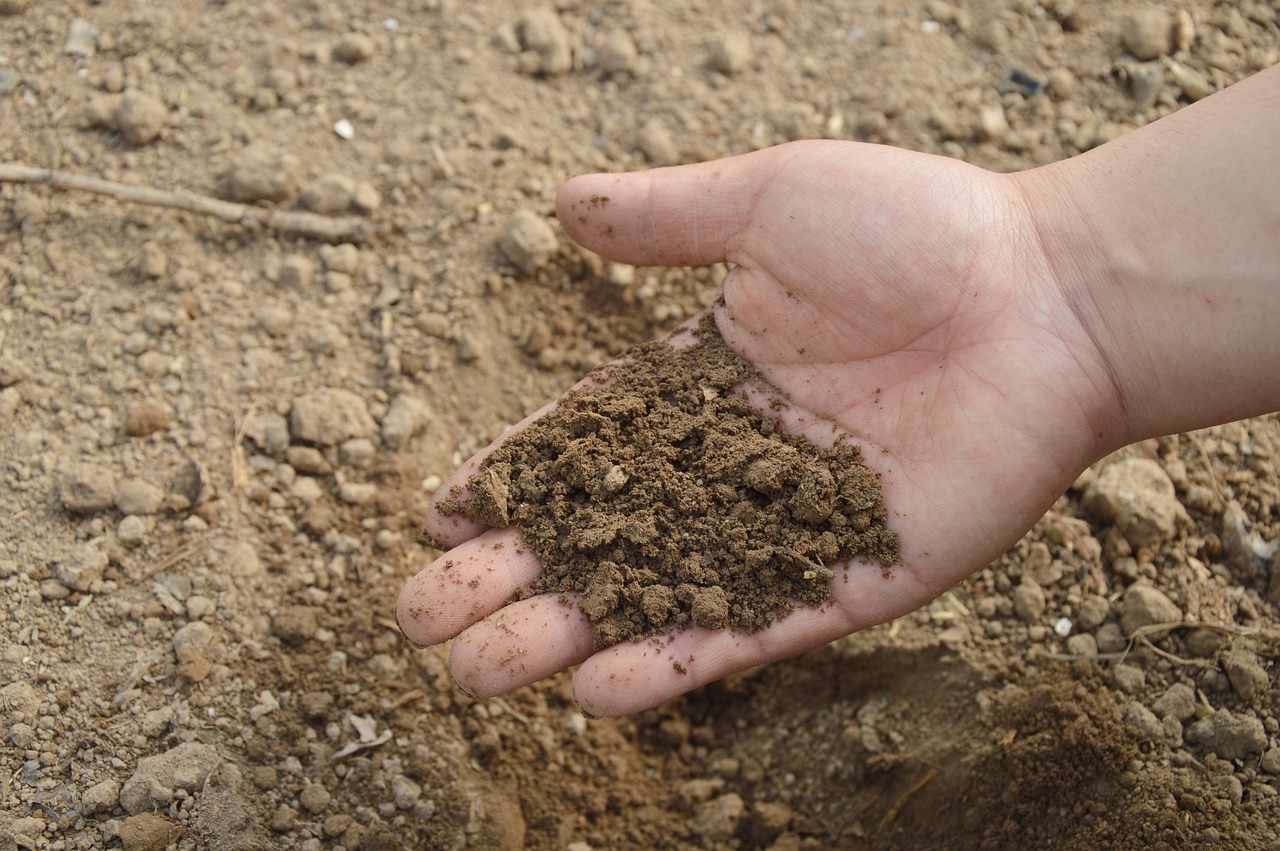By 1808Delaware
The Delaware Public Health District is taking a proactive approach to ensuring the safety of the community’s gardens and play areas. On September 23 from 5:00 PM to 7:00 PM, residents are invited to participate in a free soil screening event at 470 S. Sandusky Street in Delaware. This event aims to identify potential lead contamination in soil, a hidden danger that could affect the health of both children and adults. With no appointment necessary, this first-come, first-served event makes it easy for residents to get peace of mind about the soil in their backyards.
The Importance of Soil Screening
SoilSHOP (Screening, Health, Outreach, and Partnership), the program behind the screenings, uses advanced X-ray fluorescence (XRF) instruments to analyze soil samples. Within just 3 to 5 minutes, participants will receive a report detailing the presence of lead and other toxic elements in their soil. This rapid screening is crucial, especially for those with edible gardens or outdoor play areas, as soil contamination can pose significant health risks.
Where Do Toxic Hazards in Soil Come From?
Lead contamination in soil can stem from various sources, many of which are often overlooked. Abandoned automobiles and houses can leave behind toxic residues, contaminating the soil in surrounding areas. Exhaust from leaded gasoline, although no longer in use, has left a lingering presence in certain soils. Additionally, soil near highway overpasses and bridges is particularly vulnerable due to the accumulation of lead from vehicular emissions. Factories that process metals can also contribute to widespread soil contamination, releasing toxic smoke that can travel miles and settle into the ground.
How to Collect and Submit Your Soil Samples
To participate in the screening, residents need to collect their soil samples following a few simple steps:
- Identify an Area of Interest: Choose areas such as the drip line of your home, garden spots, or play areas where children and pets are frequently present. These areas are more likely to show signs of contamination.
- Collect Samples: For garden areas, take five samples from a depth of 6 to 8 inches. For play areas, collect five samples from just the top 2 inches of soil. Place these samples in clean containers.
- Prepare the Samples: Mix the soil from each area thoroughly, removing debris like rocks and roots. Let the soil dry naturally—do not use a flame, oven, or hairdryer.
- Package and Label: Transfer 1 to 2 cups of the mixed soil into a clean, one-quart Ziploc bag. Label the bag with the source location of the soil.
Participants can bring these samples to the event, where the SoilSHOP team will handle the rest. This careful collection and submission process ensures that the screening results are as accurate as possible, providing residents with reliable information to protect their families and their gardens.
A Community Effort for Safer Soil
This free screening event is more than just a service—it’s a step toward building a healthier, safer community. By identifying and addressing soil contamination, residents can make informed decisions about how to use their land. Whether it’s planting a vegetable garden or letting children play outdoors, knowing that the soil is safe is crucial.
The Delaware Public Health District encourages everyone with concerns about their soil to attend. As soil contamination can have long-term effects on health, particularly for children who are more vulnerable to the dangers of lead exposure, these screenings offer an invaluable opportunity to take action.









